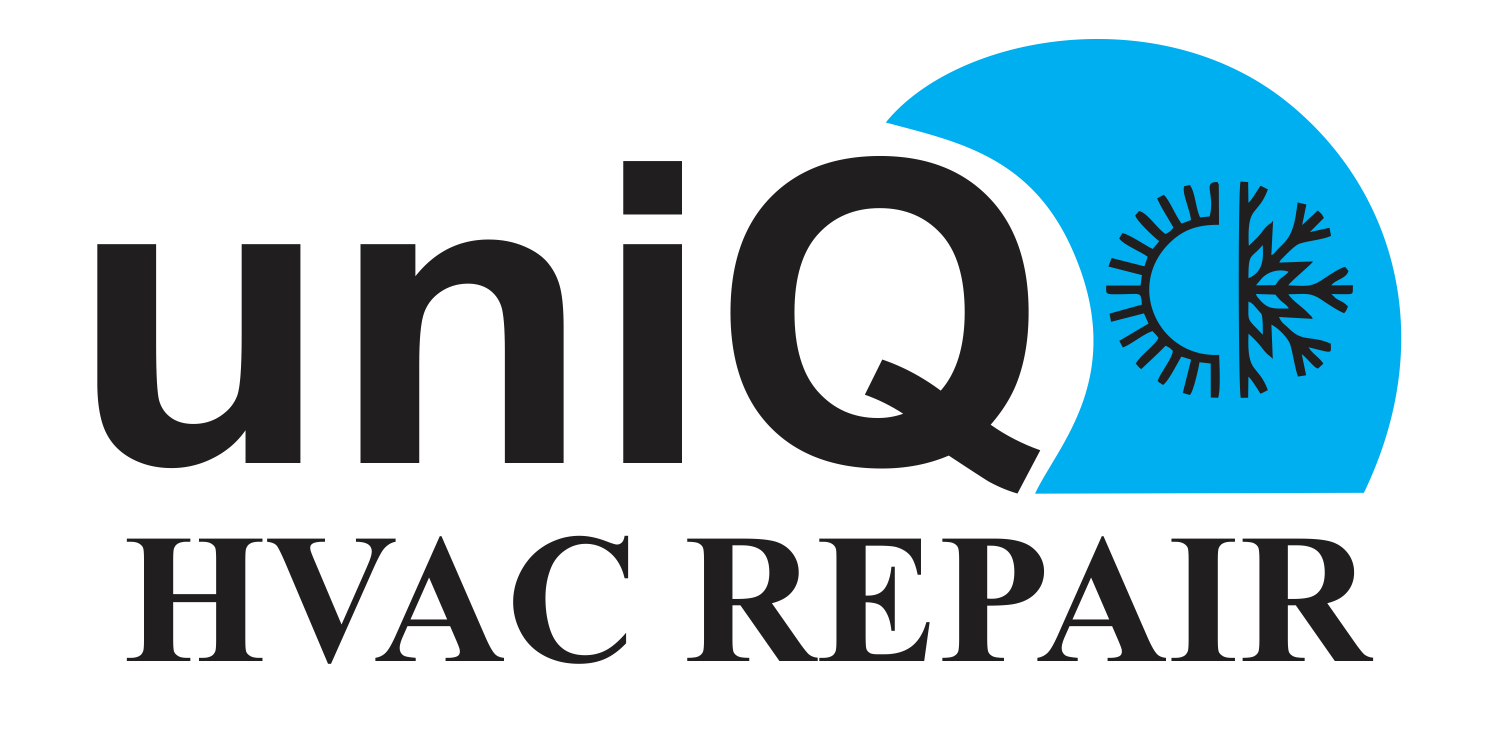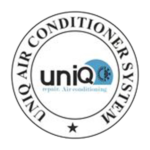AC Electrical Issues: Causes, Troubleshooting, and Solutions
Electrical issues with your air conditioning (AC) system can be frustrating and, in some cases, pose safety risks. When your AC experiences electrical problems, it can disrupt your indoor comfort during the hottest months and lead to costly repairs if not addressed promptly. In this comprehensive guide, we will explore common causes of AC electrical issues, provide step-by-step troubleshooting techniques to identify the source of the problem, and offer effective solutions to resolve these electrical problems. By understanding the root causes and taking proactive measures, you can ensure that your AC system operates efficiently and safely, keeping your home cool and comfortable.
Table of Contents
- The Importance of a Reliable AC Electrical System (200 words)
- Role of electrical components in AC operation
- Safety concerns associated with electrical issues
- Impact on energy efficiency and cost savings
- Ensuring a comfortable and consistent indoor climate
- Common Causes of AC Electrical Issues (250 words)
- Electrical circuit overloads
- Faulty capacitors or relays
- Wiring problems
- Blown fuses or tripped breakers
- Motor or compressor issues
- Troubleshooting AC Electrical Issues (300 words)
- Step 1: Identify the Type of Issue
- Step 2: Check the Electrical Panel
- Step 3: Inspect Wiring and Connections
- Step 4: Test Capacitors and Relays
- Step 5: Examine the Motor and Compressor
- Step 6: Check for Refrigerant Leaks
- Step 7: Inspect Electrical Controls
- Effective Solutions to Resolve AC Electrical Problems (250 words)
- Professional electrical repairs
- Component replacement
- Wiring and connection repairs
- Upgrading to a modern thermostat
- Routine maintenance to prevent future issues
- Preventive Measures for Maintaining a Reliable AC Electrical System (200 words)
- Regular professional maintenance
- Keeping electrical panels and circuits in good condition
- Periodic inspection of wiring and connections
- Investing in surge protectors
- Ensuring proper grounding
- When to Seek Professional Help for AC Electrical Issues (200 words)
- Complex electrical problems
- Unsafe conditions
- Component replacement or rewiring
- Warranty considerations
- Conclusion (100 words)
- The importance of a reliable AC electrical system
- The value of proactive troubleshooting and maintenance
- Ensuring a cool and comfortable living environment.
1. The Importance of a Reliable AC Electrical System
A reliable AC electrical system is crucial for several reasons:
Role of Electrical Components in AC Operation: Electrical components, such as capacitors, relays, and motors, play a vital role in the operation of your AC system.
Safety Concerns Associated with Electrical Issues: Electrical problems can pose safety risks, including electrical fires and electrical shocks.
Impact on Energy Efficiency and Cost Savings: Electrical issues can lead to energy inefficiency, resulting in higher energy bills.
Ensuring a Comfortable and Consistent Indoor Climate: A properly functioning electrical system helps maintain a consistent and comfortable indoor climate.
Addressing AC electrical issues promptly is essential to ensure the safety, efficiency, and effectiveness of your cooling system.
2. Common Causes of AC Electrical Issues
Several factors can lead to electrical issues with your AC:
Electrical Circuit Overloads: Overloading of electrical circuits, especially during peak usage, can cause circuit breakers to trip or fuses to blow.
Faulty Capacitors or Relays: Capacitors and relays play a critical role in starting and running the AC compressor and blower motor. When they fail, the AC may not function properly.
Wiring Problems: Damaged or frayed wires, loose connections, or faulty wiring can disrupt the electrical flow within the AC system.
Blown Fuses or Tripped Breakers: Overcurrent conditions can cause fuses to blow or circuit breakers to trip, cutting off power to the AC.
Motor or Compressor Issues: Problems with the AC’s motor or compressor can result in electrical malfunctions.
Now, let’s explore each of these causes in detail and discuss how to troubleshoot them.
3. Troubleshooting AC Electrical Issues
Before seeking professional help, you can perform some troubleshooting steps to identify and potentially resolve the issue:
Step 1: Identify the Type of Issue:
- Determine the nature of the electrical issue, such as a complete power failure, frequent circuit breaker trips, or intermittent electrical problems.
Step 2: Check the Electrical Panel:
- Inspect the electrical panel to ensure that circuit breakers are in the correct positions and that fuses are intact.
Step 3: Inspect Wiring and Connections:
- Examine the wiring and connections within the AC unit and the electrical panel for damage, fraying, or loose connections.
Step 4: Test Capacitors and Relays:
- Check the capacitors and relays for signs of damage or malfunction. These components can often be visually inspected.
Step 5: Examine the Motor and Compressor:
- Inspect the AC’s motor and compressor for visible signs of damage or overheating.
Step 6: Check for Refrigerant Leaks:
- Refrigerant leaks can affect the AC’s performance and may be related to electrical issues. Look for signs of refrigerant leaks, such as oily spots or frost accumulation.
Step 7: Inspect Electrical Controls:
- Examine the electrical controls, including the thermostat, for proper functioning and any visible issues.
By following these troubleshooting steps, you can often identify and resolve simple electrical issues with your AC.
4. Effective Solutions to Resolve AC Electrical Problems
To resolve AC electrical problems, consider the following solutions:
Professional Electrical Repairs: For complex electrical issues or those requiring expertise, it’s best to hire a professional technician to diagnose and repair the problem.
Component Replacement: Faulty capacitors, relays, motors, or compressors may require replacement by a qualified technician.
Wiring and Connection Repairs: Repair or replace damaged or frayed wires and ensure all connections are secure.
Upgrading to a Modern Thermostat: Upgrading to a modern, programmable thermostat can improve energy efficiency and control.
Routine Maintenance to Prevent Future Issues: Schedule regular professional maintenance to prevent future electrical problems and ensure the AC system’s reliability.
5. Preventive Measures for Maintaining a Reliable AC Electrical System
To maintain a reliable AC electrical system and avoid issues, consider these preventive measures:
Regular Professional Maintenance: Schedule annual maintenance with a qualified technician to keep your AC electrical system in top condition.
**Keeping Electrical Panels and Circ

 Please enter your name and phone number below, We will get back to you soon.
Please enter your name and phone number below, We will get back to you soon.